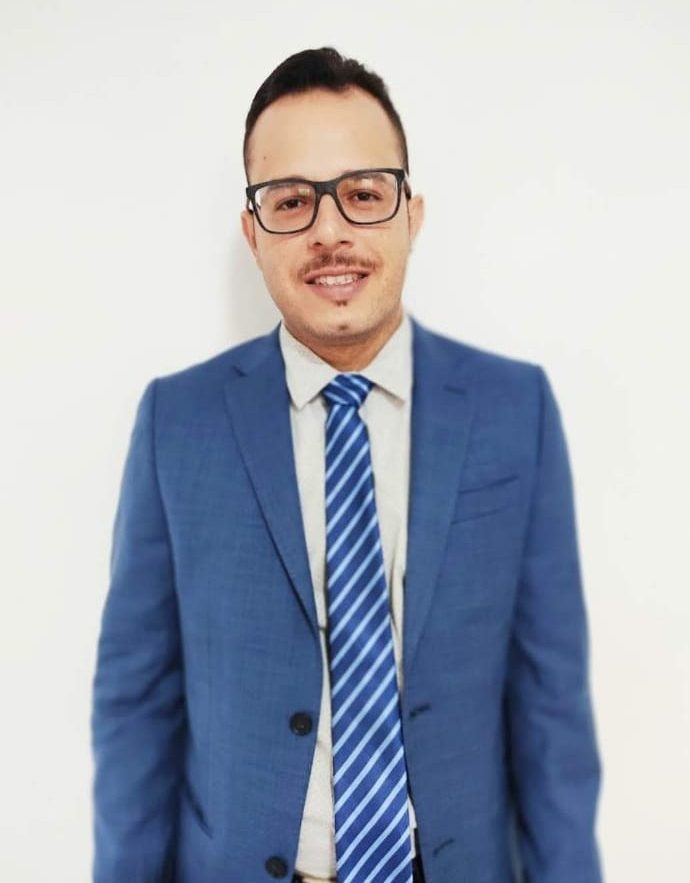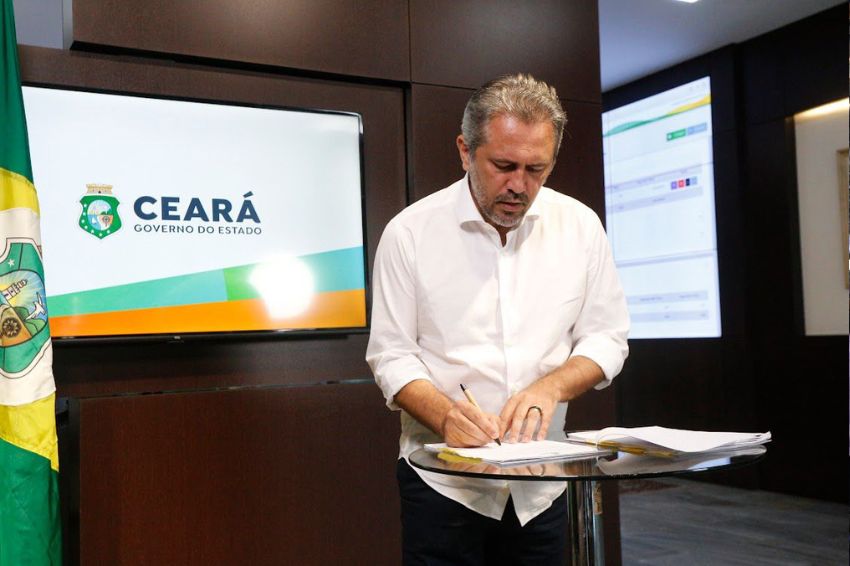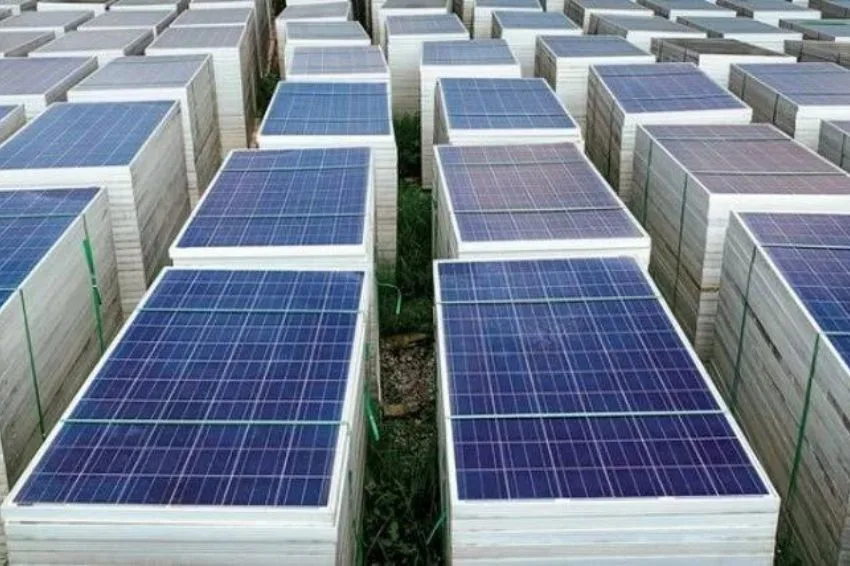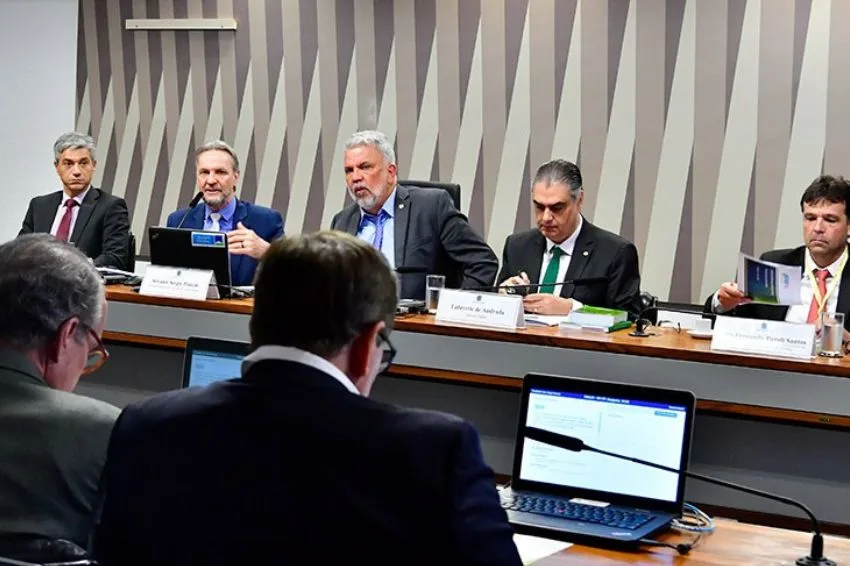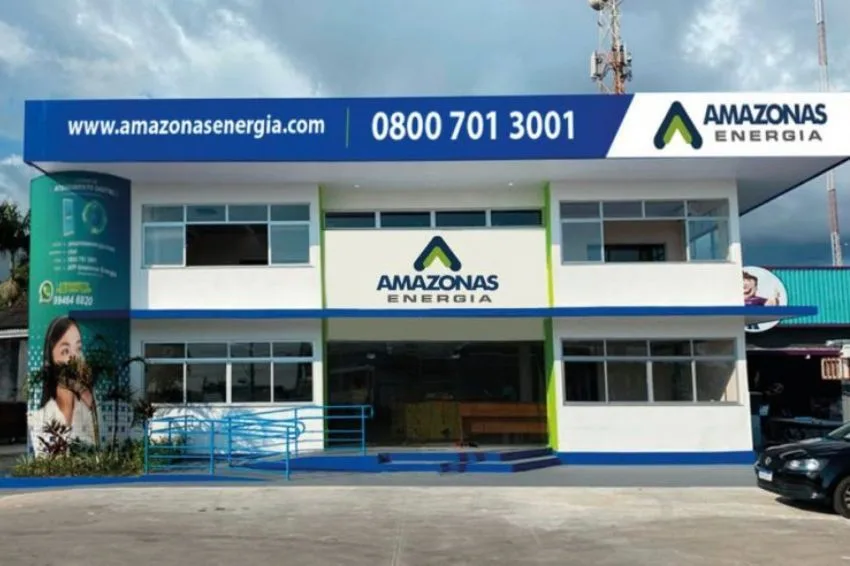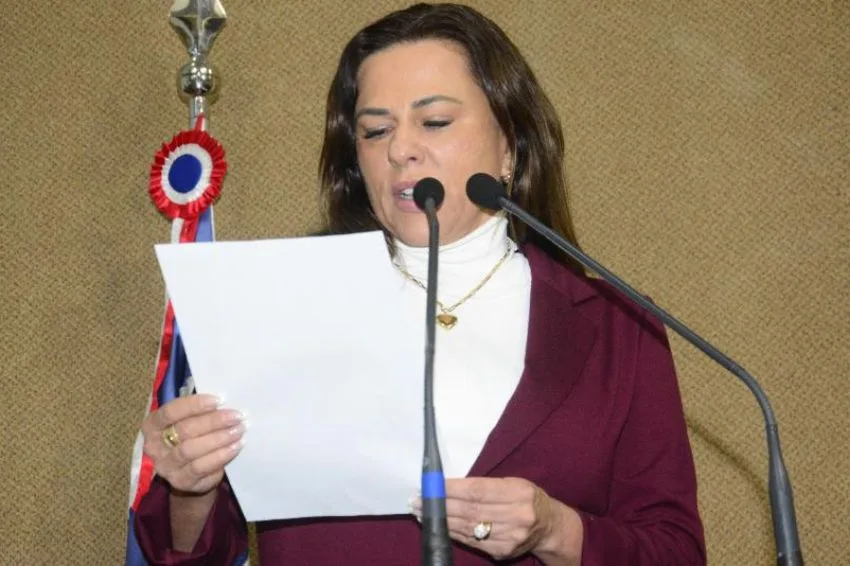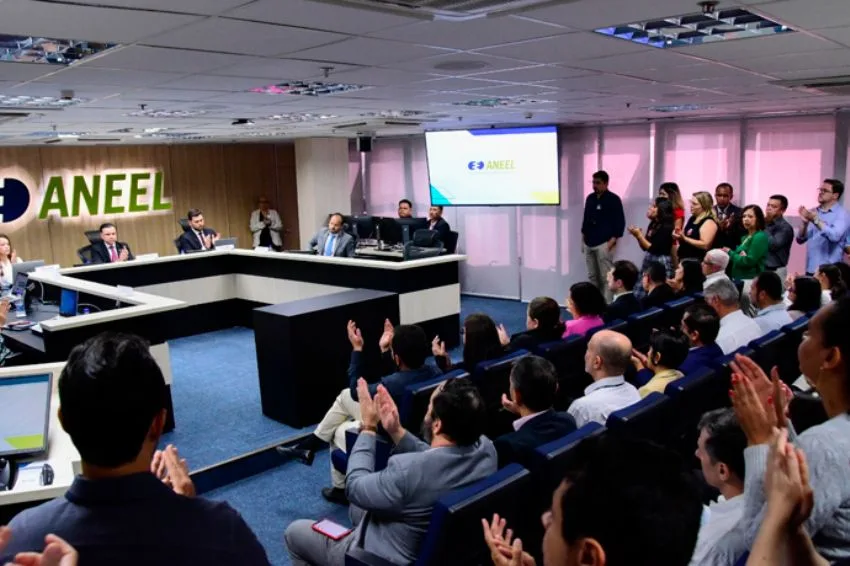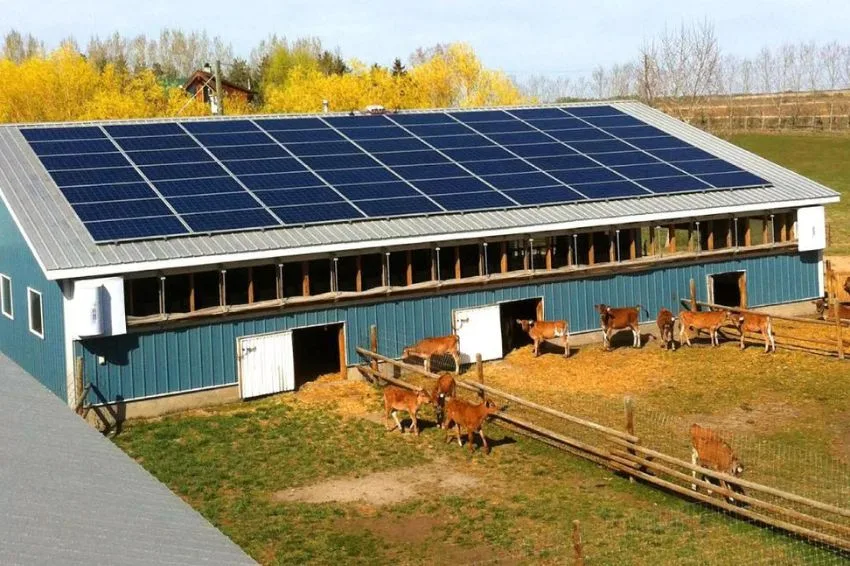Governor Elmano de Freitas converted PLC 18/23 (sent by himself) into law, which establishes the social program Sun Income, a public policy that aims to reduce poverty among the most vulnerable families living in rural areas of Ceará, through solar energy.
The idea is to take advantage of the great potential for generating renewable energy in Ceará, especially photovoltaic solar, and use it as a vector to bring economic development, quality of life and competitiveness for rural producers in the State.
The first pilot projects will be implemented in the municipalities of Jaguaribana and Tamboril, regions that are more than 250 km away from the capital Fortaleza.
About 160 families linked to fruit, vegetable and dairy production activities will benefit in this first phase. Residents are asking for support to reduce production maintenance costs and especially electricity.
Initially, Renda do Sol aims to implement distributed generation systems in associations and cooperatives served by the São José Project, benefiting 7,476 families; implement 3 pilot residential microgeneration projects in three urban areas of 50 families each, as a welfare instrument for generating income; adapt the coverage and connection infrastructure to the electricity network for the installation of microgeneration systems; and, finally, carry out a replication study of the model.
The program achieves several government objectives, such as generating quality of life, develop local agriculture and encourage the production of clean and renewable energy.
The estimated investment in this pilot phase is R$ 38.5 million, this includes the costs of training the population to install and maintain photovoltaic systems for benefiting families.
According to the government, the resources could come through the articulation of financing lines, for example, coming from R&D reserves of companies in the electricity sector, charges associated with the energy tariff, innovation and social development notices or from Banco do Nordeste, among others.
The government hopes that the Renda do Sol Program will provide savings and income for benefiting families, increase energy supply and job creation, and attract investments based on social and sustainable development.
The schedule predicts that the study to replicate the model should be completed in 2024.

